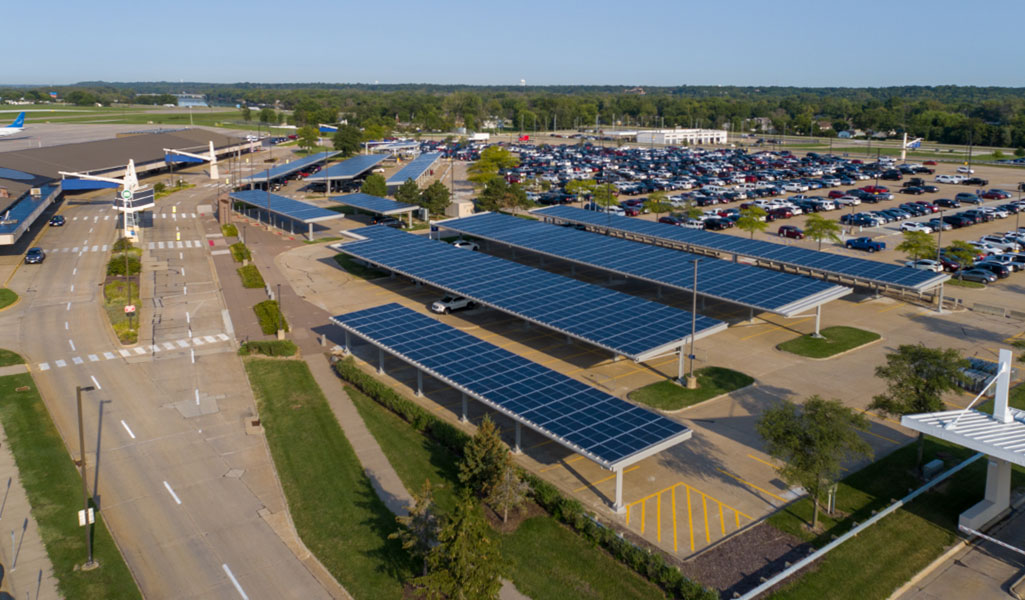
From the Director’s Desk: Six years, no tax increases, no regrets
May 31, 2022

The Quad Cities International Airport is funded through a variety of channels. We have revenue-generating streams from airlines, passengers and lessees. We receive grants from the Federal Aviation Administration and the state pertaining to specific projects and improvements. And we collect taxes from a portion of Rock Island County residents. With inflation and rising fuel prices already straining many people’s finances, I thought this would be an appropriate time to review the airport authority’s stance on taxes and reaffirm our commitment to being transparent about how those dollars are used.
Residents of Rock Island County recently received their tax assessments. In many areas, taxes went up and in some cases, by a substantial amount. Our airport serves a bi-state region, however we only collect property taxes from a portion of Rock Island County while the majority of our passengers reside outside of our taxing district.
In fact, over half of our passengers come from across the river as Iowa residents. We are committed to keeping the airport authority one of the lowest, if not the lowest, line item on applicable county residents’ taxes. Currently, the Metropolitan Airport Authority’s (QC Airport) tax levy is about 1% of residents’ overall property tax assessment. We are one of the only organizations in Illinois with taxing authority that we are not fully leveraging – meaning, we could increase taxes, but I am not in support of doing that.
This becomes an especially hot topic when it comes to discussing fair user fees. Other nearby airports in Illinois are maxed out on their taxing authority, collecting upwards of $7 million in taxes, in one particular city. These tax dollars are used to offset user fees, like parking. By comparison, the QC Airport collects just under $1.5 million and we haven’t raised our tax in at least six years. It’s my personal philosophy that it’s more equitable to charge fair user fees for people actually using the airport rather than raise taxes on a fraction of our passengers to make up the difference.
But what people really want to know is how the airport uses the approximately $1.5 million that gets collected each year. Those dollars make up about 11% of our annual operating budget. Airports require an immense amount of maintenance between the miles upon miles of pavement, safety requirements by the FAA, public facilities and all the heavy machinery required to maintain those facilities. We keep our staff lean and rely on depth of expertise in the many functional areas of managing the airport.
The finance team is one such area where the expertise – and diligence – of our staff ensures the airport can operate as a fiscally responsible government entity. They are regularly audited and were recognized in 2021 with their 15th consecutive Excellence in Financial Reporting award for meeting the high standards of the annual comprehensive financial report program by demonstrating a “spirit of full disclosure.” Our commitment to transparency is realized through their work and I want to give credit where credit is due to this team.
From commercial travel to cargo, supporting private businesses like Elliott Aviation, Group 0, John Deere and more, the Quad Cities would look very different without an airport. It is my hope that we continue to instill confidence in Rock Island County residents that the airport is an organization that values keeping taxes low and operating with as much efficiency as possible. The airport is an important economic engine for our region, driving nearly $700 million of economic value each year – it should be viewed as beneficial for our residents and their businesses, not an economic burden, and that is my driving purpose.
